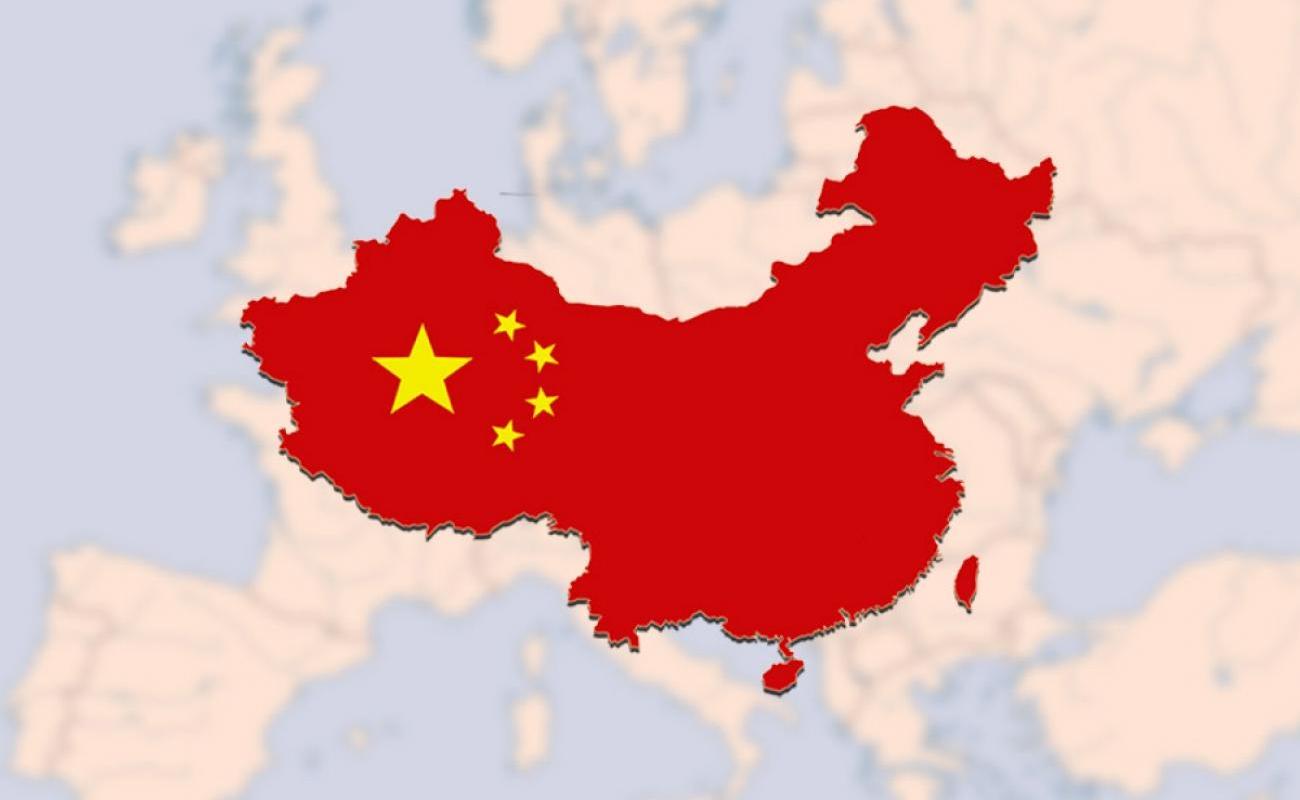However, it seems that this time Beijing is serious and expects to firmly take the initiative into its own hands. The moment of uncertainty surrounding the presidential elections in the U.S. contributes to this, opening a "window of opportunity" for the Celestial Empire, in which China is the center of the world. By appealing to the UN audience and citing the alleged support of many countries in the Global South for the Brazilian-Chinese six-point initiative, China can now offer a genuine plan for "stopping the war" with specific measures and timelines. In this way, it can initiate a Russian-Ukrainian resolution according to the Chinese scenario.
Of course, in words, it won’t resemble a "Chinese plan." On the contrary, it will be constantly emphasized that the initiative is backed by the Global South (no matter how amorphous this term may seem), BRICS, or the "world majority." To start, Beijing could simply gather several dozen ministers or high representatives from Global South countries (of course, Ukrainians will not be invited to this meeting) on the sidelines of the General Assembly to form some kind of "core" group that can quickly expand in the future at the expense of other African, Latin American, and Asian or regional international organizations.
But this will certainly not be a plan for Europe, where the largest conflict since World War II is taking place, and even less a plan for Ukraine, whose president, Volodymyr Zelensky, persistently promotes his version of a just peace.
Of course, the Chinese plan will contain many nice words, including appropriate and inappropriate references to the UN Charter. By manipulating language, it’s possible to obscure the principle of respecting sovereignty, which is so sensitive for every victim of invasion by neighbors, making it as vague and imprecise as possible, while emphasizing "consideration of the security interests of each country" (a favorite formulation of all autocratic regimes dreaming of a world divided into spheres of influence). But beneath the beautiful, articulate exterior will be a simple essence—freezing the war. This freeze is the result of a hidden ultimatum to Ukraine (and thus to its allies) on behalf of China, which will be disguised as the voice of the "global majority." At the same time, the freeze will bring exceptional dividends to China.
So where does the danger lie?
First, Beijing's plan is beneficial for Russia. After all, it undermines all of Ukraine's efforts to organize a major peace summit where the terms of peace on the continent could be discussed, with the participation of Kyiv, Moscow, and other interested states.
Of course, the Chinese plan does not foresee Russia's victory, as represented by Russian propaganda, in the form of a tricolor over Kharkiv, Kyiv, or Odesa, a constitutional renunciation of Ukraine's legal territories, or an immediate lifting of Western sanctions. The Chinese plan is more about, as it's called in Beijing, "preventing Russia from losing" in a war, the main beneficiary of which has long been China (not to mention the amount of natural resources that Moscow is compelled to provide to China almost for free in exchange for the continued supply of critically important products).

